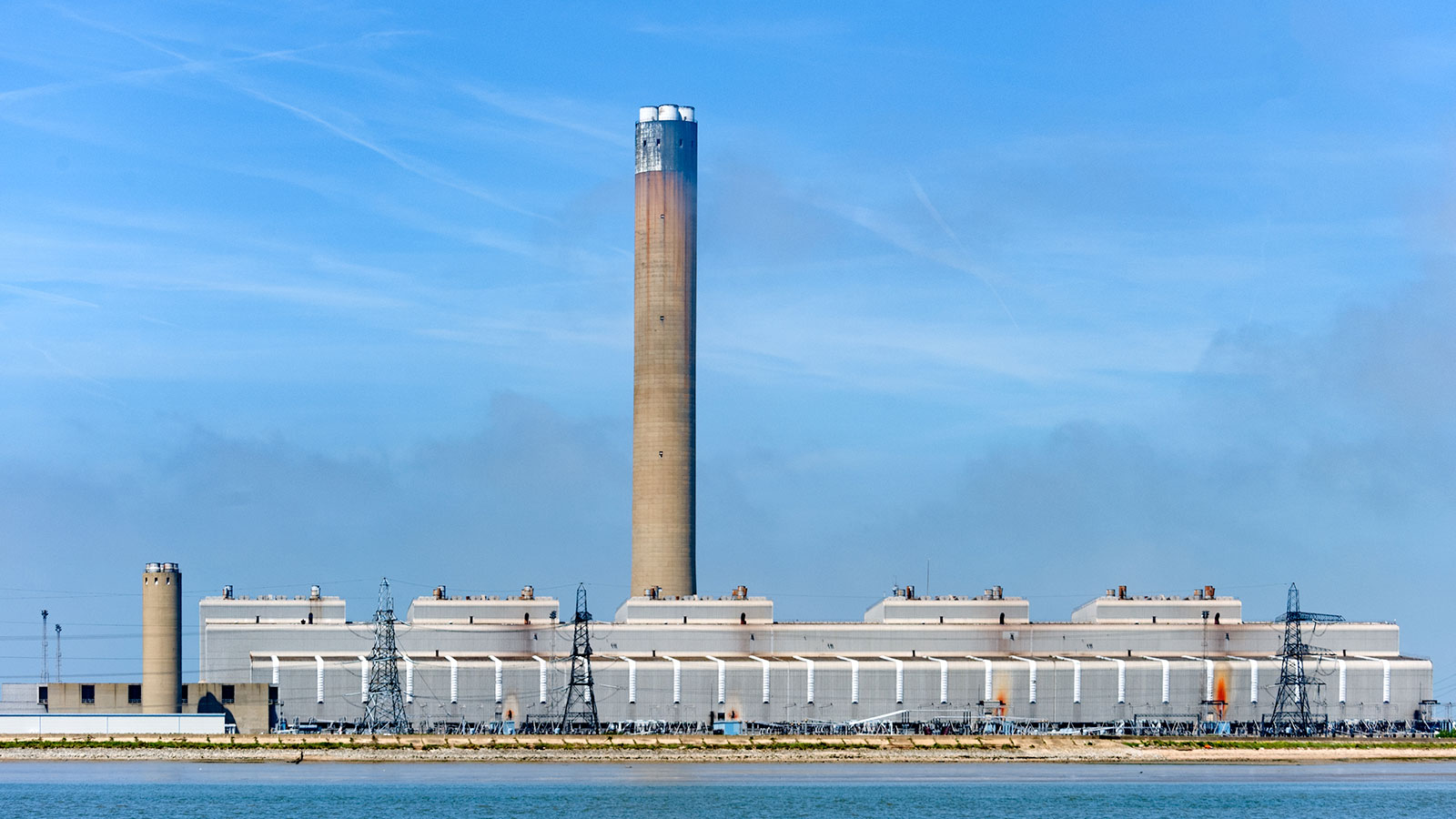The UK Government is eager to replace retiring gas power plants with brand new ones as an ‘insurance policy’ to protect the UK’s energy security.
With many of the UK’s gas power plants reaching the end of their life, a decision on what comes next has been forthcoming. While many had hoped that renewables and battery energy storage would provide the bulk of generation in the future, Rishi Sunak’s Government is eager to also throw new gas power plants into the mix.
In Tuesday’s Daily Telegraph, Sunak commented, “It is the insurance policy Britain needs to protect our energy security, while we deliver our net zero transition.”
Those comments have received widespread condemnation, however, with some believing that new gas power plants could threaten the UK’s ability to achieve net zero by 2050, as required by law.
Getting gas online in the short-term
It’s not exactly surprising to see that gas power plants are part of the UK Government’s future plans. In fact, as the Government admits, the Climate Change Committee itself has envisaged gas being a part of the make-up of the grid well into the 20230s. But there are issues surrounding getting new gas generation online in the short-term.
Andy Willis of Kona Energy, a leading clean energy development company grappling with grid connection delays, noted, “Arguments for/against gas plants aside, on current grid connection processes any new gas stations would be at the back of the queue and therefore would not be connecting until at least 2037.
“There are two options – either we wait over a decade for these plants, supposedly in the national interest. Or the Government steps in to prioritise them over other projects currently waiting in the queue. The latter is how the system should operate, with shovel-ready developments allowed to move ahead of ‘zombie’ projects which are simply holding a valuable position in the queue.
“If a development can get online faster, delivering vital energy security, then that should be given priority. It’s common sense.
“Regardless of the rights and wrongs of building new fossil-fuel powered generation, this story further underlines the desperate need for fundamental reform of how the grid connection process operates. It is simply not fit for purpose, and without doubt the biggest obstacle on our path to Net Zero.”
That’s a criticism that has been levelled at the Government before, with many renewable energy projects stuck in the pipeline despite being shovel-ready. In fact, it was even more surprising for energy storage projects to also face delays as they could have actually reduced the burden on the grid, but were still being treated as new generation up until recently.
Green concerns for new gas generation
The construction of new gas plants to replace retiring facilities could impact the UK’s ability to decarbonise the power grid, especially given the fact that these plants won’t come online until well into the 2030s.
Responding to those concerns, Sunak noted, “Our record on net zero speaks for itself – the latest stats show that we’re already halfway there, with greenhouse gas emissions 50% lower than in 1990.
“But we need to reach our 2035 goals in a sustainable way that doesn’t leave people without energy on a cloudy, windless day.
“I will not gamble with our energy security. I will make the tough decisions so that no matter what scenario we face, we can always power Britain from Britain.”
Even more disappointing for some green campaigners is the fact that there will not be a requirement for these plants to utilise carbon capture and storage solutions when first built to at least attempt to limit carbon emissions. Instead, the Government has said that it will broaden existing laws and require that these plants be ‘net zero ready’, that means they should be easily convertible to burning hydrogen or can have carbon capture installed in the future.
Gemma Grimes, Director of Policy and Delivery at Solar Energy UK, hit back at the Government’s plans, noting, “While the Government has chosen to emphasise the potential role of backup gas power in its announcement today, the renewables industry is doing all it can to deliver a carbon-free electricity system.”
She further explained how “new, grid-scale energy storage can make this a reality by storing power from renewables, enabling us to use clean, affordable power 24/7, 365 days a year.”Despite the potential of energy storage, it still faces local planning obstacles. Just last week, a 150 MW battery storage project in Kent was rejected by the local council due to safety concerns, despite experts being ‘satisfied’ with the safety protocols in place. It’s unlikely that any new gas power plants will face the same scrutiny at a local level, as they’ll likely be waived through as Nationally Significant Infrastructure Projects.

